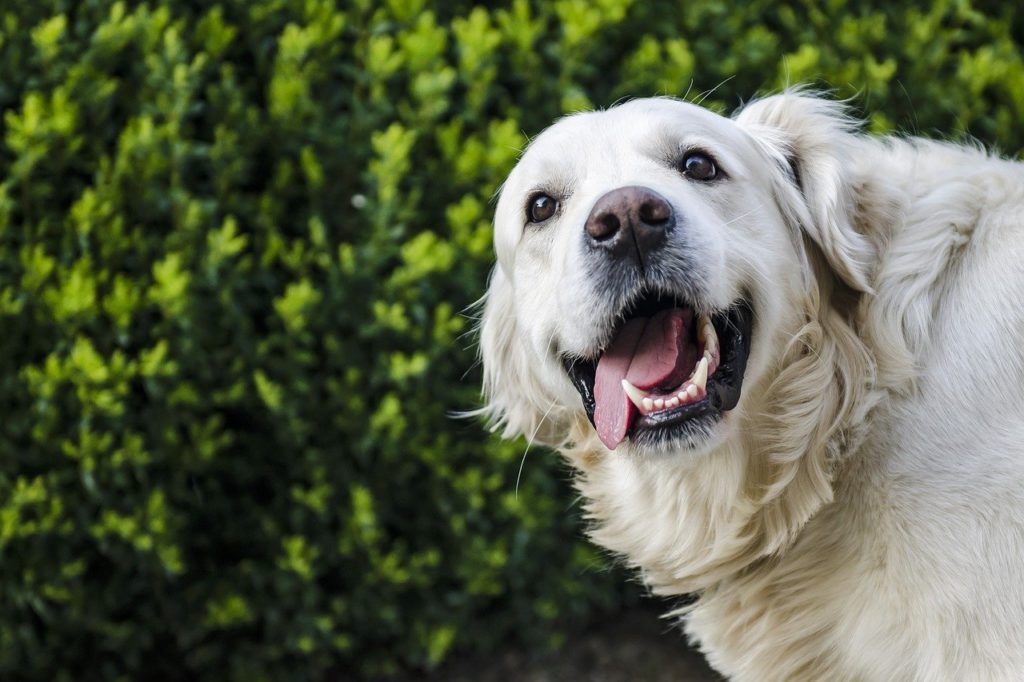This article is to understand the importance of proper pet dental care. Your veterinarian can examine your pet and develop a treatment plan to address dental and health problems of your pet. During your pet’s full physical exam, your veterinarian will evaluate your pet’s dental condition and make recommendations for preventive care.
As part of your regular visit to the doctor, our veterinary team will examine your pet’s teeth. While your pet is being examined for cleaning, the veterinarian will also take dental x-rays to check your pet’s teeth both above and below the gum line. These x-rays will allow the veterinarian to see any problems that would not be visible on the surface of the tooth. Always have your veterinarian examine your pet’s mouth at every visit to make sure your dog or cat is not showing signs of dental diseases.

Regular brushing of your dog’s teeth can help prevent this odour from developing. Regular brushing help to prevent losing your dog’s teeth. There are several steps you can take at home after brushing your pets’ teeth to keep your pet’s teeth clean. Regular home dental care can help improve your pet’s oral health and increase the intervals between professional teeth cleanings. Proper dental care will help prevent your pet from developing a wide range of dental health problems, such as periodontal disease, caused by a build-up of bacteria in the mouth.
Losing just one tooth can make eating difficult, which is why dental care is so important. Also, exposed nerves can become infected and cause more problems for your pet. Loose pet’s teeth can also be a sign of a pet emergency, as it can be very distressing for the pet and indicate a more serious physical health problem. Severe and prolonged damage can lead to loosening or even loss of teeth. When tartar remains on your dog’s teeth, it can cause gum disease and infection. Tartar below the gum line causes inflammation and not only damages the structures that support the teeth, but also causes infections which damage the animal welfare.
Otherwise, your dog’s teeth need professional cleaning to remove tartar. Professional teeth cleaning is necessary to remove plaque and tartar from the pet’s teeth, as well as to assess the condition of the oral cavity. Brushing may remove, plaque and tartar from the animal’s teeth, and the condition of the entire oral cavity might be depressed.
Regular brushing of your pet’s teeth is important because veterinary dentistry can remove plaque build-up. Dental health problems can be caused or caused by other health problems.
Tooth decay is not as common in pets as it is in humans, but many of the same dental problems can develop. Dental diseases, also known as periodontal disease, gum disease, or periodontitis, are the most common oral diseases affecting pets. Dental disease is an infection of the teeth, gums, and surrounding tissues and is by far the most common serious health problem in cats and dogs. However, taking good care of your dog’s teeth can prevent serious dental disease and problems throughout the body.
The good news is that dental disease is completely preventable with regular preventive care. If oral hygiene is neglected, pets can develop dental diseases that negatively affect other body systems and can lead to tooth loss. When dental disease reaches this point, it can lead to permanent tooth loss, which can affect your pet’s quality of life and need to manage in specialist vet clinic. Left untreated, dental disease can lead to more serious health complications, some of which can go far beyond your pet’s teeth.
Identifying pet dental problems requires some detective work, but if you know the signs and symptoms, you can prevent your pet from needlessly getting sick. Now that you know why it’s important for your dog to have their teeth cleaned and treated under anaesthesia, take the time to learn what you can do to make anaesthesia safer for your pets. You know that you need to brush and floss every day to maintain proper oral hygiene, but you may not know that dental care is also important for your pet.
Incorporating dental care into your pet’s overall preventive care plan is important for sevaral reasons. Your veterinarian will advise you based on your pet’s general health and the condition of your pet’s teeth. Brushing, chewing, and regular professional cleanings will help maintain your pet’s oral health. Your pet’s teeth are of paramount importance to your pet, and maintaining healthy teeth is essential for an overall health certificate. The benefits of regular oral hygiene include reducing bad breath, improving overall health, reducing pain, increasing life expectancy, and reducing pet care costs. We’re not saying you should start brushing your dog’s teeth twice a day, but there are simple things you can do to improve your dog’s or cat’s dental health. A visual examination of the teeth and gums is a good place to start, but there are other signs that a pet may have dental health problems.
You may not realize that your dog has a serious dental problem until he is more advanced. Your dog and cat are very good at hiding pain – you may never know your pet has serious dental problems until they become very serious. Periodontal disease is the most common dental disease in cats and dogs: by the time your pet is 3 years old, they will most likely have the first signs of periodontal disease, which will worsen as your pet ages if effective preventive measures are taken. Animals not receiving dental care can experience painful tooth loss – this can be excruciatingly painful and cause serious health problems.